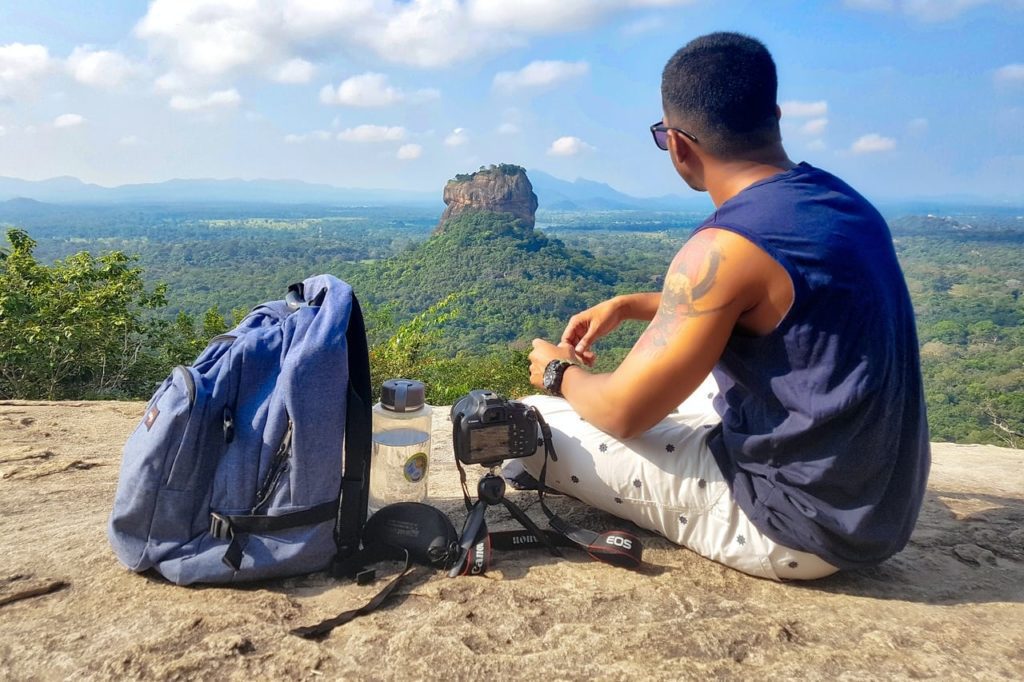One of the best parts about working remotely is the ability to make your own schedule. Freelancers can travel the world as long as they have a laptop, some Wi-Fi, and an idea, but if this is your first combining your professional duties with your personal life, you may run into a few problems.
Fear not; these 7 tips will allow you to see unique places while working.
1. Tell Your Home Office/Clients Your New Time Zone
Your home office/clients may not know that you’re planning this trip, or they may forget when you plan to leave. If you neglect to do this, your clients may call or email you while you’re sleeping or ask for a due date that isn’t in your timezone. Let your colleges know when they can best reach you and disclude time blocks that make up your free time or personal traveling.
2. Accessing Your Files Securely While On the Move
Your files are typically accessed with a VPN, remote desktop connection, or virtual desktop infrastructures at the office. These access methods work swimmingly on a desktop computer, but if you need to use a laptop away from the office, they won’t be accessible. It’s also unsafe to use most mobile file share services, even Dropbox because files are scattered in multiple places and are often susceptible to hacking. However, a mobile file server is safer, faster and allows seamless interaction between files. Plus, a mobile file server helps you maintain compliance.
3. Have a Work Cut-Off Time and Slow Down
You can keep the same work schedule you had while working from home, but it’s better to adjust based on your traveling needs. While traveling, it’s tempting to stop working altogether and focus on experiencing a new country. It’s better to slash your workload in half and have a strict cut-off time, so you don’t feel bogged down by work and other responsibilities.
4. Have a Reliable Internet Connection
Unless you plan on staying in hotels or coffee shops for the majority of your vacation, you need to find a reliable way to receive a Wi-Fi connection. Don’t just trust that the place you’re staying has Wi-Fi because download/upload speeds could be awful or non-existent. There are plenty of coworking spaces in all countries that offer Wi-Fi, but if you don’t want to test every location’s Internet connection, read forums like Nomadlist to ask where the best spots are. Purchase an Internet dongle to access Wi-Fi from anywhere, usually with a small fee and slower speeds.
5. Bring All Necessary Gear
You packed your laptop, your Internet dongle, and your phone, but you may forget other things you use on a daily basis like headphones or a charger. While you can buy these items in your new location, it’s better to bring what you’re comfortable using. Always carry a hard drive, some means to set up Bluetooth, chargers, and an extra pair of headphones if you lose one.
6. Make a Schedule Ahead of Time
Whether you’re going to a new country to work specifically, or you want to see the sights while working on the side, you need to make your travel plans ahead of time. Most freelancers or traveling professionals will have an idea of how much work they must accomplish by the end of the day, week, or month. Use that information to block out the free time you can use for your personal travel experiences. Ensure you add commute times (there and back) and browsing time as you may want to spend hours in a location uninhibited by work or other obligations.
7. Cooperate With Your Home Office/Clients
Your home office/clients may not know that you’re planning this trip, or you don’t have this information in writing. If you neglect to do this, your clients may call or email you while you’re sleeping or ask for a due date that isn’t in your timezone. Let colleges know when they can best reach you and disclude time blocks that make up your free time or personal traveling.





